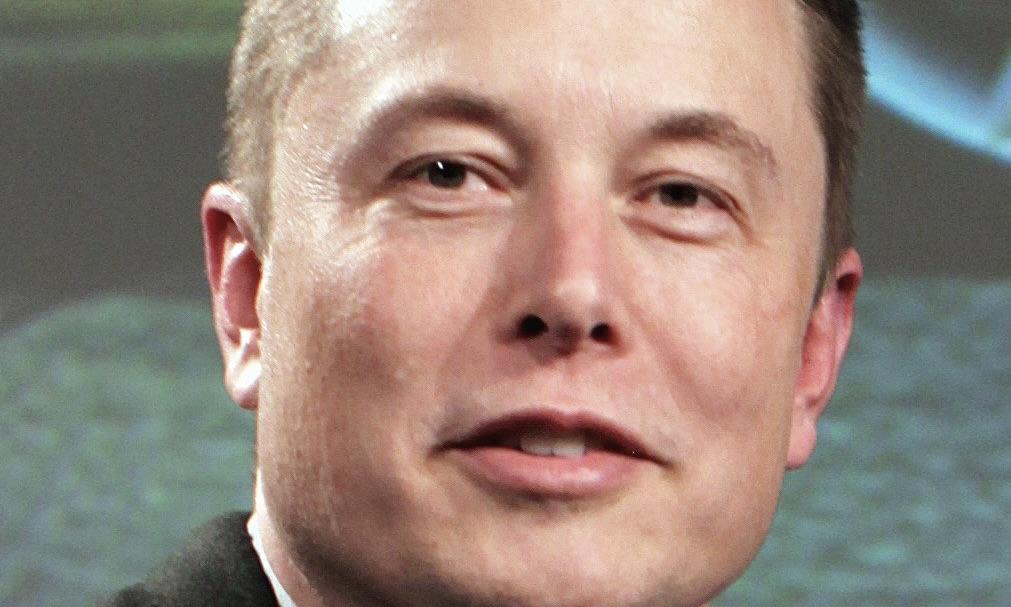Elon Musk, in collaboration with former presidential candidate Vivek Ramaswamy, is spearheading an ambitious plan to cut $2 trillion from the federal budget. The proposal, hailed as the most dramatic since post-World War II, has ignited controversy due to its potential impact on entitlement programs, including Social Security and Medicare.
Musk is set to meet with congressional lawmakers this week, hosting discussions to rally support for the initiative. The effort is unofficially dubbed the "Department of Government Efficiency" (DOGE), a nod to the billionaire’s frequent endorsement of the cryptocurrency Dogecoin. While DOGE has no official standing, the effort underscores Musk’s growing political influence.
The plan has received backing from a newly established House subcommittee led by GOP Representative Marjorie Taylor Greene. Greene has expressed optimism, framing the initiative as a critical step toward fiscal responsibility. Despite these assurances, the proposal’s critics point to its likely necessity to target programs relied upon by millions of Americans.
Reducing federal expenditures to this extent would require cuts that surpass the combined annual spending on government operations, including defense. Such cuts are expected to face resistance, given the historical difficulties of reducing entitlements like Medicare, Medicaid, and veterans’ benefits. These programs, while expensive, are politically popular and heavily utilized.
Musk’s close ties to President-elect Donald Trump have amplified his sway in Washington. His involvement in policy discussions, foreign leader interactions, and cabinet selection processes signals an expanding role in shaping U.S. governance. This influence, however, is raising eyebrows among both allies and opponents, as Musk’s unconventional approach often blurs the lines between innovation and disruption.
Previous attempts to drastically reduce federal budgets have faced significant obstacles. Congress members often prioritize local interests, making bipartisan consensus on sweeping cuts challenging. While Republican legislators appear aligned with Trump’s campaign promises, achieving this fiscal goal will demand unprecedented political coordination.
The $2 trillion target has sparked concerns over the economic and social ripple effects. Critics warn that reducing entitlement programs could undermine safety nets for vulnerable populations, exacerbating inequality and eroding trust in government institutions.
Musk and Ramaswamy’s proposal is slated to test the limits of fiscal ambition in a polarized political landscape. Whether this initiative will translate into actionable policy remains uncertain, but it has already triggered debates about the balance between innovation, fiscal responsibility, and social welfare.



 Trump Says U.S. Attacks on Iran Will Continue, Warns of More American Casualties
Trump Says U.S. Attacks on Iran Will Continue, Warns of More American Casualties  PBOC Scraps FX Risk Reserves to Curb Rapid Yuan Appreciation
PBOC Scraps FX Risk Reserves to Curb Rapid Yuan Appreciation  Netanyahu Suggests Iran’s Supreme Leader Khamenei May Have Been Killed in Israeli-U.S. Strikes
Netanyahu Suggests Iran’s Supreme Leader Khamenei May Have Been Killed in Israeli-U.S. Strikes  U.S.-Israel Strike on Iran Escalates Middle East Conflict, Trump Claims Khamenei Killed
U.S.-Israel Strike on Iran Escalates Middle East Conflict, Trump Claims Khamenei Killed  Wall Street Futures Tumble as U.S.-Iran Conflict Escalates and Oil Prices Surge
Wall Street Futures Tumble as U.S.-Iran Conflict Escalates and Oil Prices Surge  Strait of Hormuz Oil and LNG Shipments Disrupted After U.S.-Israel Strikes on Iran
Strait of Hormuz Oil and LNG Shipments Disrupted After U.S.-Israel Strikes on Iran  Why did Iran bomb Dubai? A Middle East expert explains the regional alliances at play
Why did Iran bomb Dubai? A Middle East expert explains the regional alliances at play  UK Accepts U.S. Request to Use British Bases for Defensive Strikes on Iranian Missiles
UK Accepts U.S. Request to Use British Bases for Defensive Strikes on Iranian Missiles  China’s New Home Prices Post Sharpest Drop Since 2022 Amid Ongoing Property Slump
China’s New Home Prices Post Sharpest Drop Since 2022 Amid Ongoing Property Slump  Trump Launches Operation Epic Fury: U.S. Strikes on Iran Mark High-Risk Shift in Middle East
Trump Launches Operation Epic Fury: U.S. Strikes on Iran Mark High-Risk Shift in Middle East  Failure of US-Iran talks was all-too predictable – but Trump could still have stuck with diplomacy over strikes
Failure of US-Iran talks was all-too predictable – but Trump could still have stuck with diplomacy over strikes  Does international law still matter? The strike on the girls’ school in Iran shows why we need it
Does international law still matter? The strike on the girls’ school in Iran shows why we need it  Israel Declares State of Emergency as Iran Launches Missile Attacks
Israel Declares State of Emergency as Iran Launches Missile Attacks  Bank of Japan Signals Further Interest Rate Hikes as Inflation Trends Toward 2% Target
Bank of Japan Signals Further Interest Rate Hikes as Inflation Trends Toward 2% Target  Asian Markets Slide as Nvidia Earnings, U.S.-Iran Tensions and AI Valuations Weigh on Investor Sentiment
Asian Markets Slide as Nvidia Earnings, U.S.-Iran Tensions and AI Valuations Weigh on Investor Sentiment  AI is already creeping into election campaigns. NZ’s rules aren’t ready
AI is already creeping into election campaigns. NZ’s rules aren’t ready  Israel Launches Fresh Strikes on Iran After Death of Supreme Leader Ayatollah Khamenei
Israel Launches Fresh Strikes on Iran After Death of Supreme Leader Ayatollah Khamenei 































